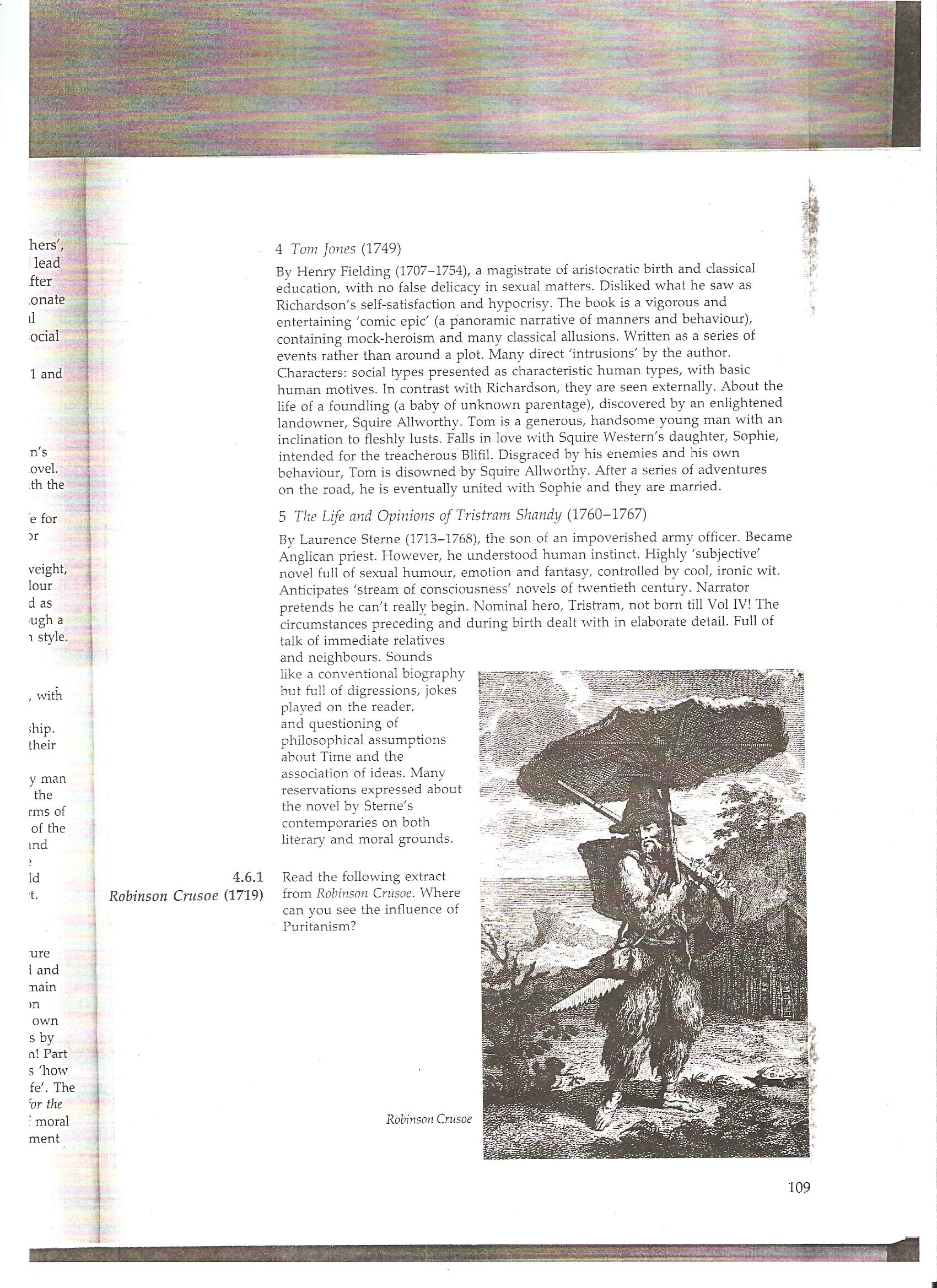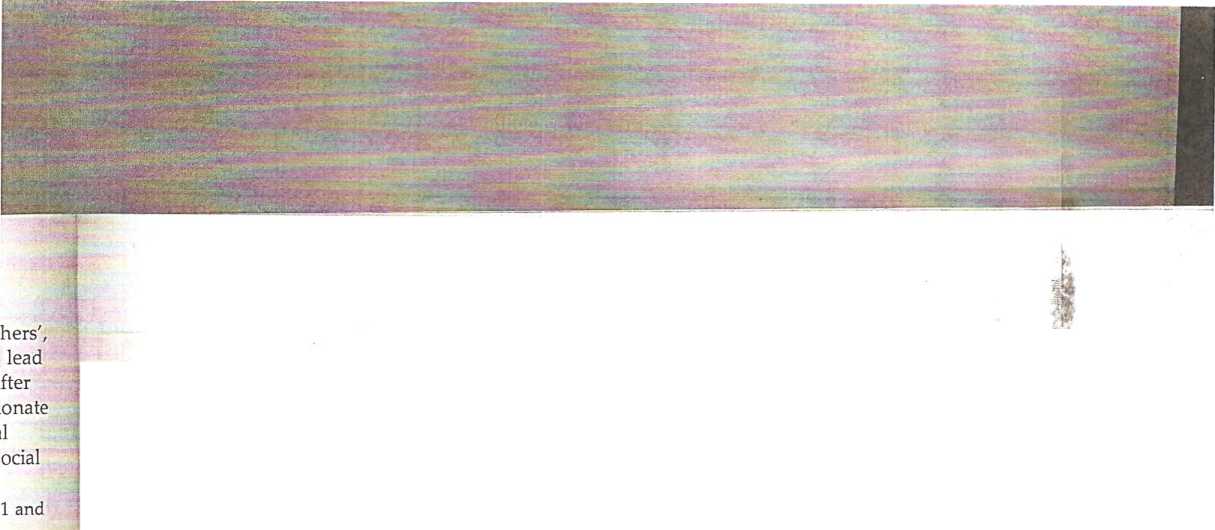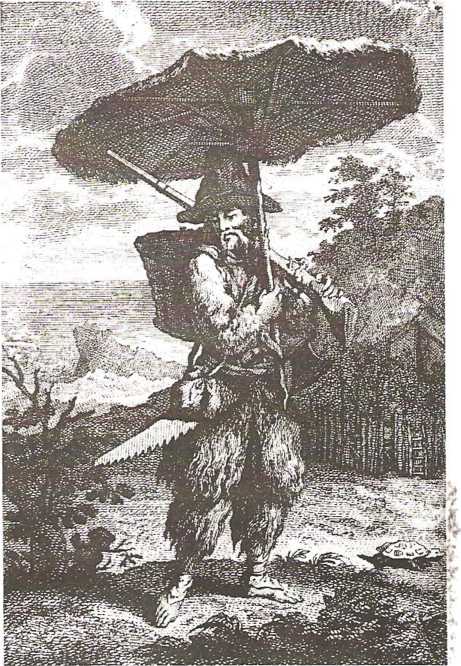5 novels part 2


n s ovel. th the
e for )r
veight, lour d as ugh a i style.
, with
;hip.
their
y man the
rms of of the ind
ld
t.
4.6.1
Robinson Crusoe (1719)
ure 1 and nain >n
own s by n! Part S 'how fe'. The :or the ' morał ment
Robinson Crusoe

4 Tom Jones (1749)
By Henry Fielding (1707-1754), a magistrate of aristocratic birth and classical education, with no false delicacy in sexual matters. Disliked what he saw as Richardson's self-satisfaction and hypocrisy. The book is a vigorous and entertaining 'comic epic' (a panoramie narrative of manners and behaviour), containing mock-heroism and many classical allusions. Written as a series of events rather than around a plot. Many direct 'intrusions' by the author. Characters: social types presented as characteristic human types, with basie human motives. In contrast with Richardson, they are seen externally. About the life of a foundling (a baby of unknown parentage), discovered by an enlightened landowner, Squire Allworthy. Tom is a generous, handsome young man with an inclination to fleshly lusts. Falls in love with Squire Western's daughter, Sophie, intended for the treacherous Blifil. Disgraced by his enemies and his own behaviour, Tom is disowned by Squire Allworthy. After a series of adventures on the road, he is eventually united with Sophie and they are married.
5 The Life and Opinions ofTristram Skandy (1760-1767)
By Laurence Sterne (1713-1768), the son of an impoverished army officer. Became Anglican priest. However, he understood human instinct. Highly 'subjectiye' novel fuli of sexual humour, emotion and fantasy, controlled by cool, ironie wit. Anticipates 'stream of consciousness' novels of twentieth century. Narrator pretends he can't really begin. Nominał hero, Tristram, not born till Vol IV! The circumstances preceding and during birth dealt with in elaborate detail. Fuli of talk of immediate relatives and neighbours. Sounds like a conventional biography but fuli of digressions, jokes played on the reader, and questioning of philosophical assumptions about Time and the association of ideas. Many reservations expressed about the novel by Sterne's contemporaries on both literary and morał grounds.
Read the folłowing extract from Robinson Crusoe. Where can you see the influence of Puritanism?
109
Wyszukiwarka
Podobne podstrony:
mbs 105 PART III.CHAPTER I HINTS FOR ATHLETES So many Knglish atliletes freąuently incur trouble wit
DDraw Conclusions 1 Compaic the tmulcls for J .nul •.
5 novels part 1 V; iii) Scientific philosophy: The optimistic philosophy of natural philosophers
00453 ?960d11ee48a490cc71f653328fb9cc 458 Russell set. Especially when the retrace "pattem&quo
The devices and computers connected to Ethernet must have their own addresses to communicate on the
§82CHAPTER 1 General Provisions 1. Part II of the Regulations on Opening, Holding
Scan0002 (54) Multiple Sclerosis and Immunity Abstract. Immune complexes associated with the for-mat
OMiUP t2 Gorski�2 AU rights reserved. No part ofthis puhlication may, for sedes purposes be reproduc
I GRAPHISOFTCENTER BUILDER FOR THE FOR
I GRAPHISOFTCENTER BUILDER FOR THE FOR THE YOUNG FUTURĘ ENGINEERS WARSZTATY7%tp SI
19. Which of the following is NOT an API classification for oil well pumps? A. Tub
CHEMICAL MUNITIONS SEARCH 8 ASSESSMENT Part-financed by the European Union (European Reglonal Develo
więcej podobnych podstron